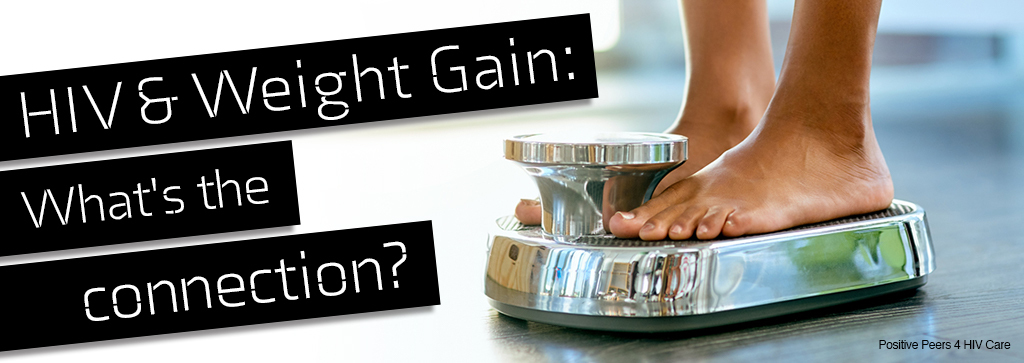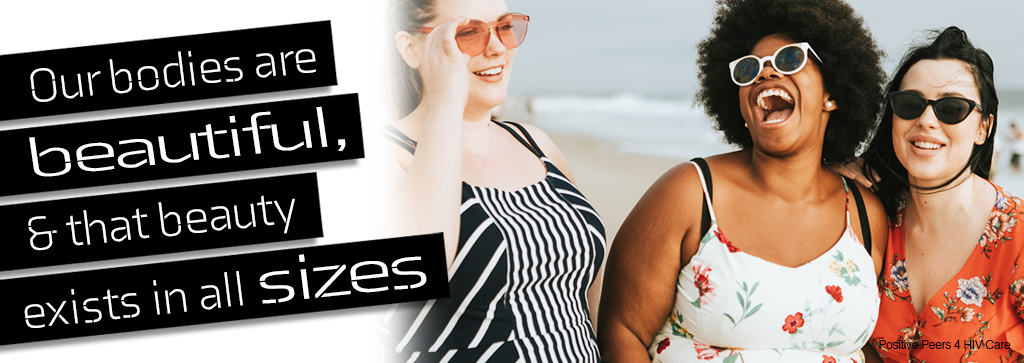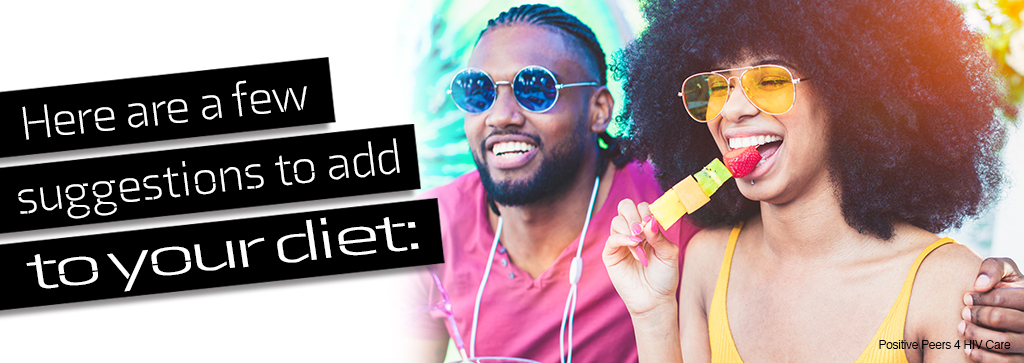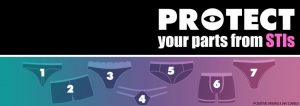
By: Ann Avery, MD, Infectious Disease Physician at MetroHealth Medical Center
Recently, we saw a study that showed some people actively taking their HIV meds have gained weight. What’s the deal with this?? Well, people living with HIV are experiencing increases in body mass index (BMI) at three times the rate greater than the general U.S. population. Sayyyyy whhhaaatttt?! This research was presented at the latest International AIDS Conference in July 2020, actually! The research team responsible for this study says that weight gain is likely associated with integrase inhibitors, specifically dolutegravir.
Okay, we know that is a lot to throw at you, so let’s break it down for you.
Integrase inhibitors are a class of HIV meds and include:
- Biktarvy
- Tivicay (Tivicay is also part of the medicine in Triumeq)
- Isentress
The study also shows that a low CD4 cell count prior to starting meds is the strongest predictor of weight gain after starting treatment. BMI is the most used measurement tool, but it doesn’t tell a difference between muscle and body fat.
If you’ve experienced weight gain and want to talk with your medical provider, we suggest calling to set up an appointment. We are here for you too, and have tons of resources to help you keep your weight under control so you feel confident, happy, and healthy!
Our bodies are beautiful, and that beauty exists in all sizes!
Surely, there’s pressure to fight off those Covid quarantine blues by running several miles each day, experimenting with recipes, or learning a new language. As ambitious as that sounds, surviving is enough right now. If you’ve gained weight since March 2020, it’s okay. It happens. Social media may be sending us the message that our bodies are not sculpted enough. It’s normal to feel a rollercoaster of emotions from being happy, relaxed, sad, stressed, at ease, to feeling uncertain. This is totally normal and you’re not alone in these feelings. Please take the time to applaud yourself: You’re surviving a global pandemic.
We suggest you think about your whole well-being, not just weight gain. Diet and nutrition belong in that conversation, but we should understand every person has their own relationship to food. Eating more green, leafy vegetables and less greasy, sugary foods can help with overall health and well-being. Drinking water instead of sweet soft drinks is helpful too. If you’re interested in taking vitamins and various supplements, we encourage you to speak with your medical provider. That way, you have a strong team of people to help.
Some of the items that may contribute to weight gain are those sweet, sugary drinks and simple carbs like pancakes. Alcohol contains calories that can contribute to weight gain too. Drinking more than two alcoholic beverages a day may lead to increased belly fat. These foods and drinks in our diet have been linked to obesity, low-energy levels and an increased risk of diabetes and heart disease. Carbs can be especially tricky because of the relationship between carbs and serotonin. Serotonin is a chemical released in our brain that enhances our happiness. Think about it, do you remember crying while eating pasta, pizza, or cake?
Here are a few suggestions to add to your diet:
- vegetables
- fruits
- nuts
- legumes (beans)
Each of these can help with weight management, build a stronger immune system, and increase energy levels – all great elements needed during our time of COVID-19 and helpful for people living with HIV.
Water holds another key to improving your health. Water keeps you hydrated, which may also help keep you energized, ramp up your metabolism, and burn extra belly fat. Drinking around 1–2 liters (34–68 ounces) of water daily is an ideal goal.
We’re not demanding you clear out your fridge and pantry. When at all possible, try healthier alternatives with foods. Introduce small amounts of those healthier foods here and there and see what happens.
More Blogs:



